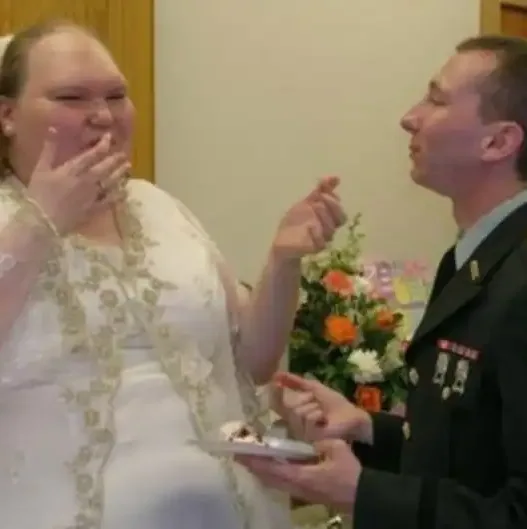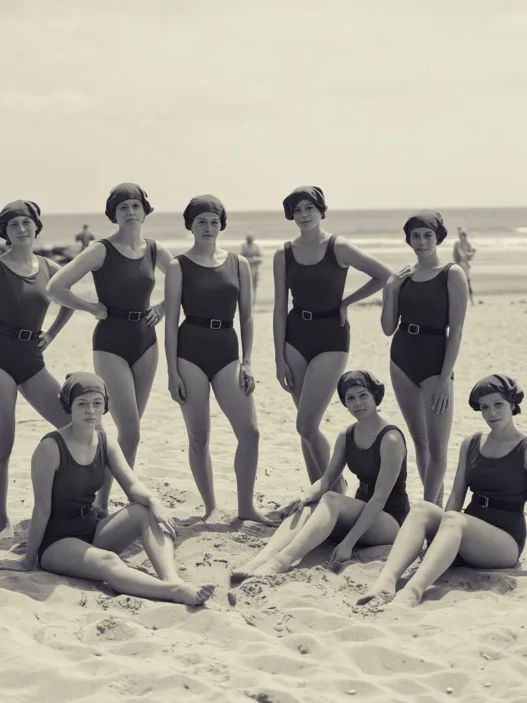Elisabeth Fritzl was just 18 when she went missing from her home in Amstetten, Austria, in 1984. At the time of her disappearance, it appeared that this case would become just another one of the world’s tragic mysteries.
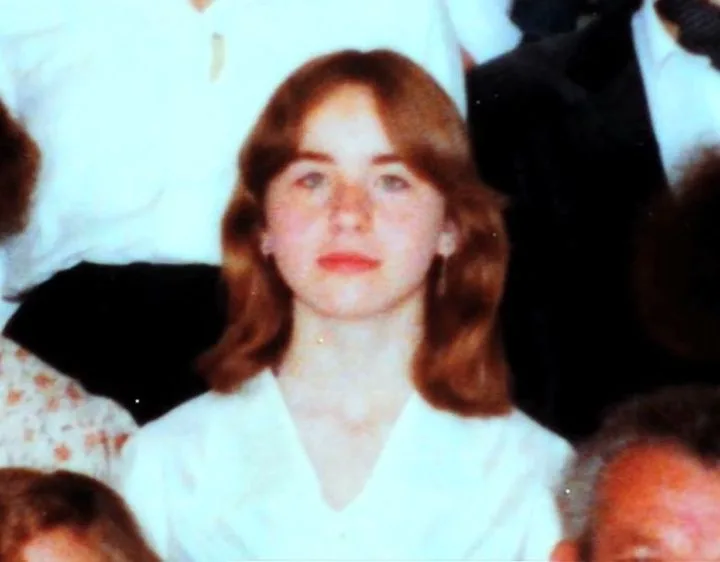
Josef Fritzl, Elisabeth’s father, persuaded both the family and the police that she had run away from home. In reality, however, he knew exactly where his daughter was—her story lay hidden literally beneath their feet. After twenty-four years, Elisabeth not only survived to tell her tale but also found the strength to share the unimaginable horrors she endured at the hands of her own father.
An Ordinary Family
Josef Fritzl was born in Austria in 1935, just before the start of World War II. He lived in Amstetten, where he fell in love with a woman named Rosemarie, who was four years his junior. The couple got married in 1956 and led a quiet and unremarkable life in Lower Austria, welcoming three sons and four daughters. Their daughter Elisabeth was born on April 6, 1966.
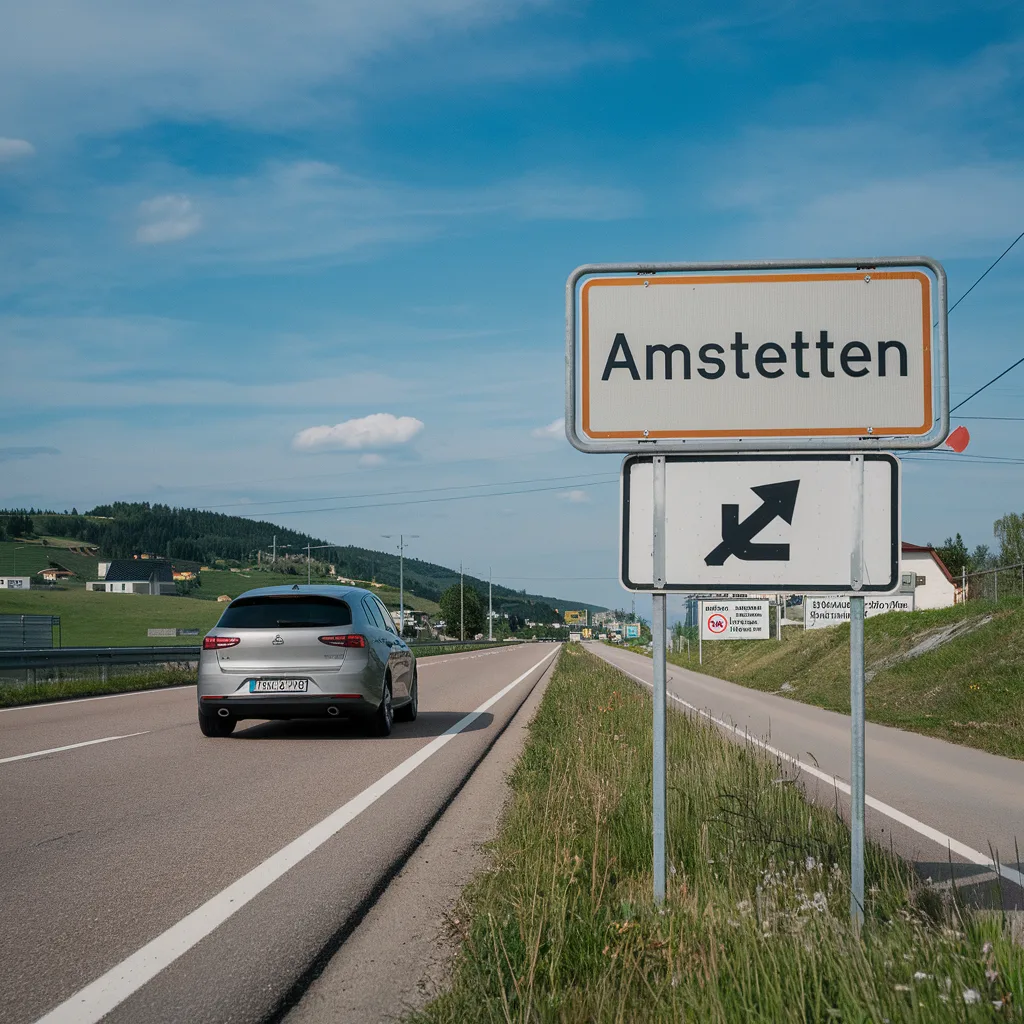
Josef worked as an electrical engineer and gained recognition in the industry as a salesman of engineering equipment who was constantly innovating. Although he and Rosemarie Fritzl had seven children to care for, their daughter Elisabeth seemed to be the most troublesome in Josef’s eyes.
Running Away
Just after turning 15, Elisabeth dropped out of school. However, instead of abandoning her education entirely, she decided to enroll in a waitressing course that was held away from home. This opportunity provided her with a much-needed escape from the challenging home life she had never shared with anyone.
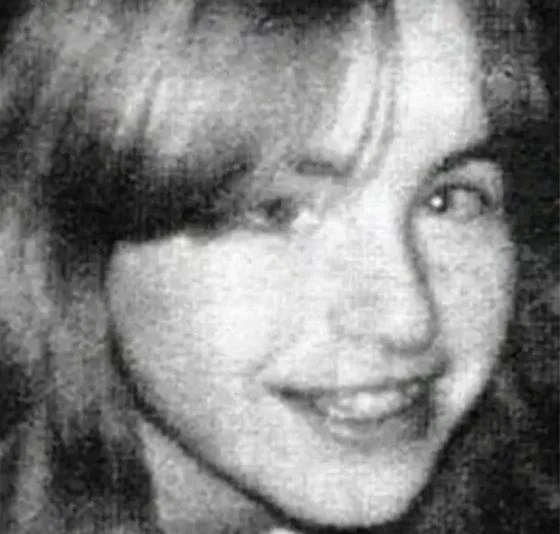
In 1983, at the age of 17, Elisabeth ran away from home with a coworker. They made it to nearby Vienna, but after three weeks, the police found them and forced them to return to Amstetten.
Sinister Plan
At the time, people thought Elisabeth was simply a troubled girl who enjoyed breaking the rules. It wasn’t until years later that her reasons for frequently running away from home—and from her father—became clear.
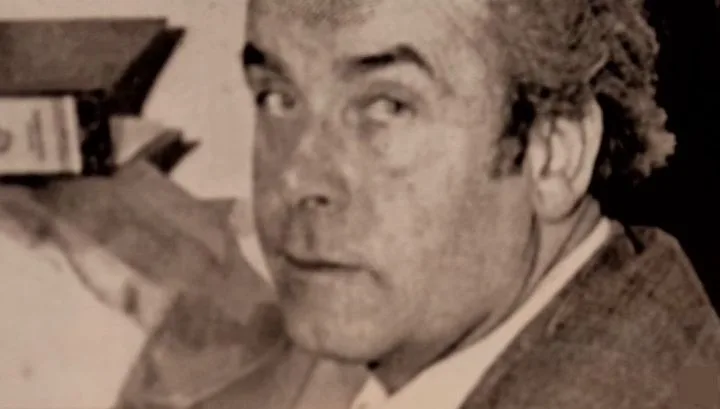
From a young age, Elisabeth learned it was always better to listen to her stern father, Josef, when he asked for help. So, when he approached her to assist in building his new basement workshop underneath their family home, she eagerly agreed. However, Elisabeth did not know this would lead her into an unimaginably cruel future.
Helpful And Unassuming
Josef had been constructing a bunker in the basement for years, planning to turn it into a workshop for building materials—or so he told the rest of the family. The only remaining piece to install was a heavy metal door, so he asked Elisabeth for assistance.
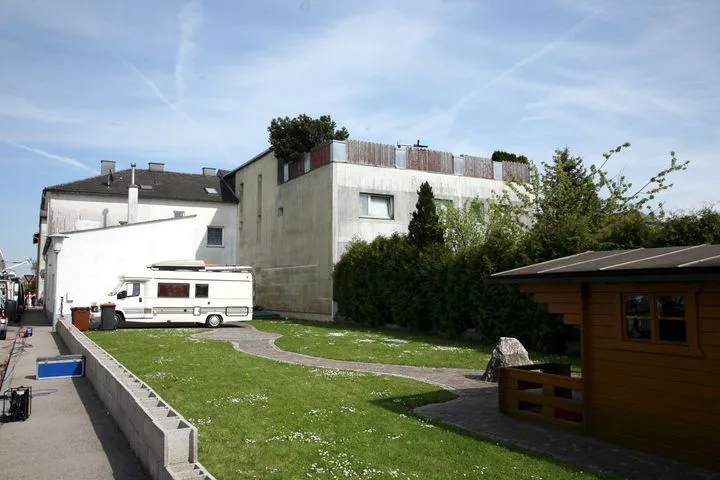
Unbeknownst to her, August 28, 1984, would be the last day Elisabeth Fritzl saw the outside world for 24 years.
She Was Trapped
Elisabeth helped her father hang the door and was about to leave the basement when suddenly, the world went dark. Her father had incapacitated her with a towel soaked in ether and then locked her inside the cellar, bolting the doors behind him. This was a cruel beginning to an unbelievably evil act.
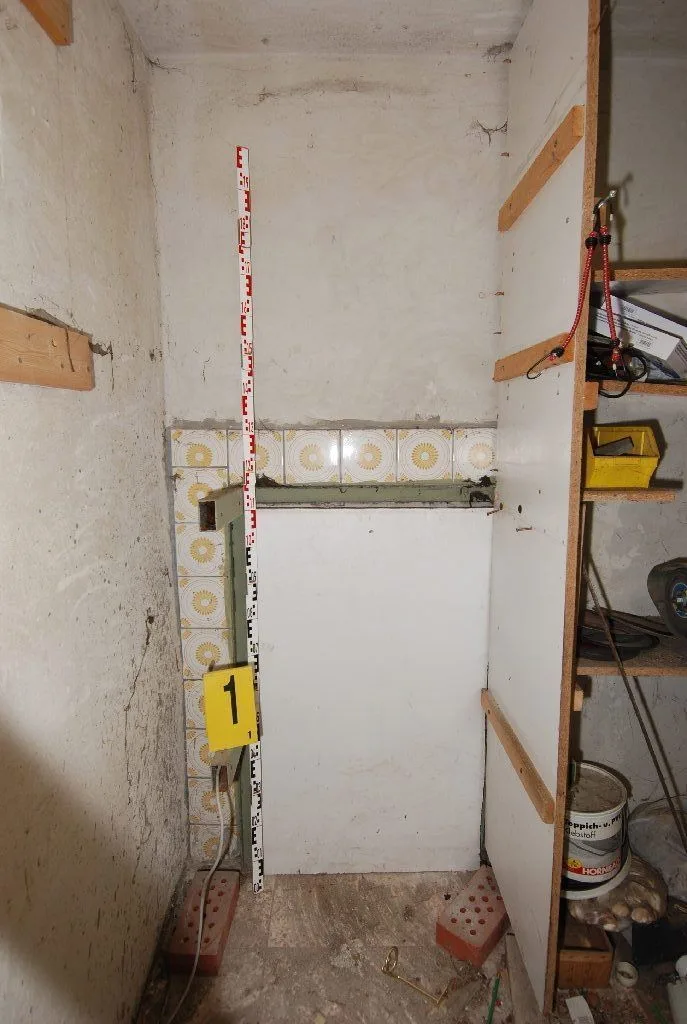
At just 18 years old, Elisabeth woke up, trapped and confused, to a chilling realization—she hadn’t just helped her father finish a DIY project; she had installed the door to her prison cell.
Locked Underground
Elisabeth was imprisoned underground in her family home, just 20 feet beneath her family, with no windows and no means of escape. This was not a sudden decision by her father; he had been constructing the basement prison for years, adding everything necessary to keep someone confined there for a long time.
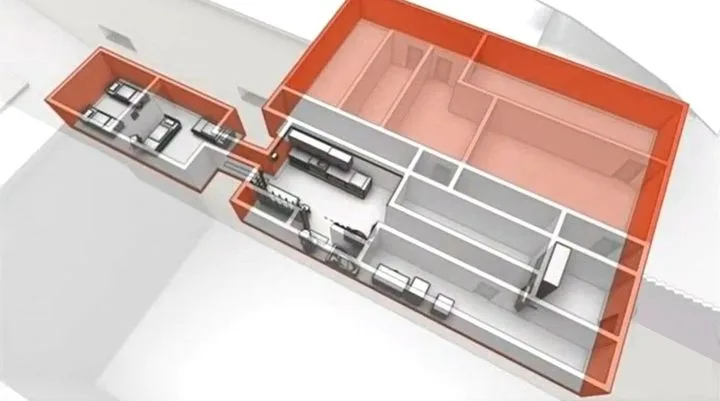
Anyone might wonder how Josef managed to build such an intricate prison under his home for years without raising suspicion. His plan was more deliberate and calculated than one might imagine.
A Bunker Wasn’t Unusual
During the Cold War, many families in Austria began constructing nuclear shelters and underground bunkers in their homes. This trend made it simpler for Josef to obtain a building permit from the council in the 1970s.
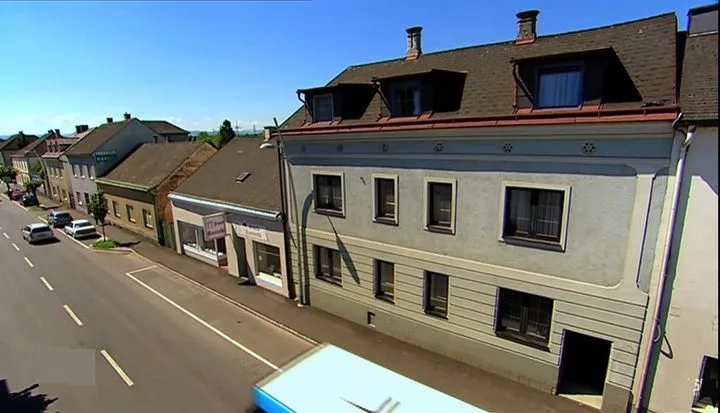
Josef concealed extra rooms that weren’t included in the plans behind shelves and doors, ensuring that anyone who asked to see the space wouldn’t question his construction work. Although his bunker appeared ordinary from the outside, the world was unaware of the sinister plan he was devising for his own daughter within those hidden depths.
Eight Doors, No Escape
His job as a technical engineer allowed him to complete the construction of his basement without needing assistance from others. He sourced supplies through former contacts in construction companies, installed the shower, and handled all the engineering tasks himself, ultimately creating an elaborate prison beneath his family home. To anyone else, it appeared to be just an ordinary underground basement.
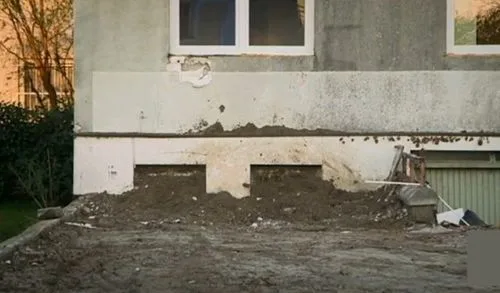
Fritzl didn’t stop at just one locked door; he constructed a complex system of barriers using metal and reinforced concrete. One of the doors weighed half a ton. Additionally, three other doors required electronic codes, and all of them had standard locks for which only Fritzl possessed the keys. He designed this labyrinth to guarantee that his daughter would never be found.
Elisabeth Disappeared
The final door of the prison was the very one that Elisabeth had unknowingly helped to install. She was completely trapped, and yet that still wasn’t enough for Josef. At the beginning, Fritzl bound his daughter’s arms and secured them behind her back with an iron chain, fastening her to the metal bedposts.
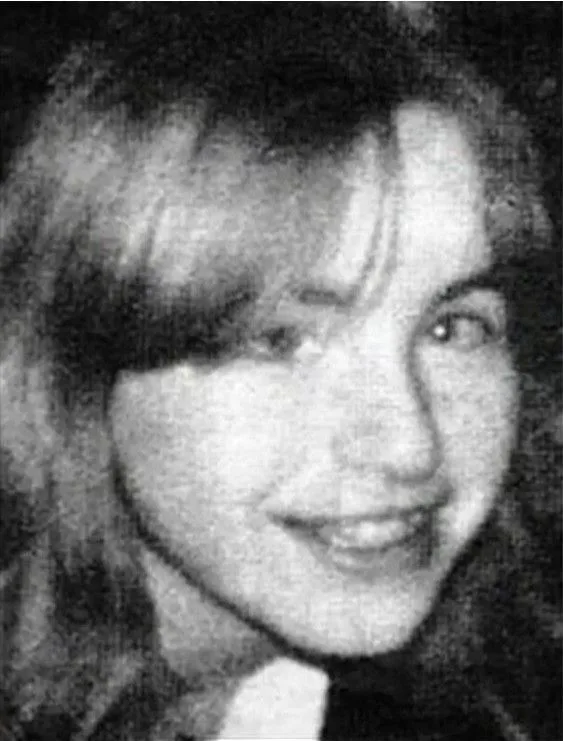
She could barely move, and after two days like that Josef allowed her more movement by adding a chain around her waist. After another nine months of this torture, he removed the chain, not as an act of compassion, but because it was restricting his ability to assault her. He finally had a prisoner, and to the rest of the world, Elisabeth disappeared.
Her Mother Was Sick From Worry.
It seemed that Elisabeth had simply vanished, leaving her mother, Rosemarie, as the only one truly worried about her daughter’s disappearance. Rosemarie promptly filed a missing person report when Elisabeth failed to come home that day, completely unaware that her daughter had been concealed beneath their feet the entire time.
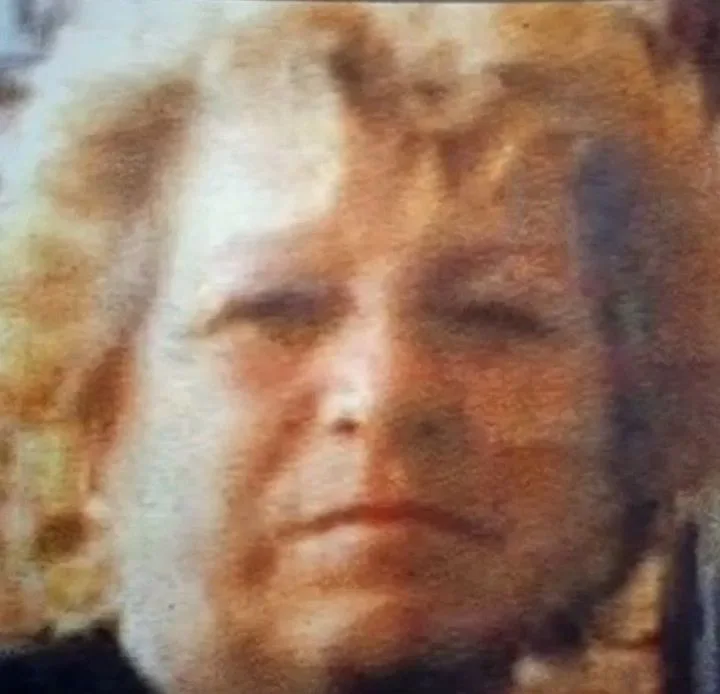
Rosemarie was imagining the worst, so she called the police for help in tracking down Elisabeth. After taking the parents’ statements, Josef provided a reasonable explanation for their child’s disappearance.
Perfect Explanation
Elisabeth was known for being a frequent runaway and had even been brought home by the police before after getting as far as the capital, Vienna.
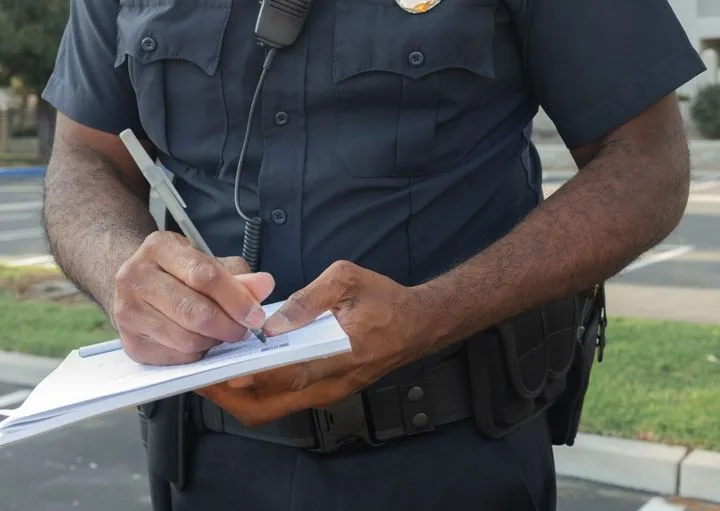
The teen was always getting herself into trouble, so it wouldn’t be the first time she ran away from home. Josef told the police this was just another one of her many runaways, which seemed reasonable—and the police chose to agree with him.
Ran Away to Join a Cult
Then a conveniently-timed letter arrived in the mail addressed to the Fritzl family from “Elisabeth”. She confessed in writing that she was tired of living under her family’s rules and had no choice but to run away.
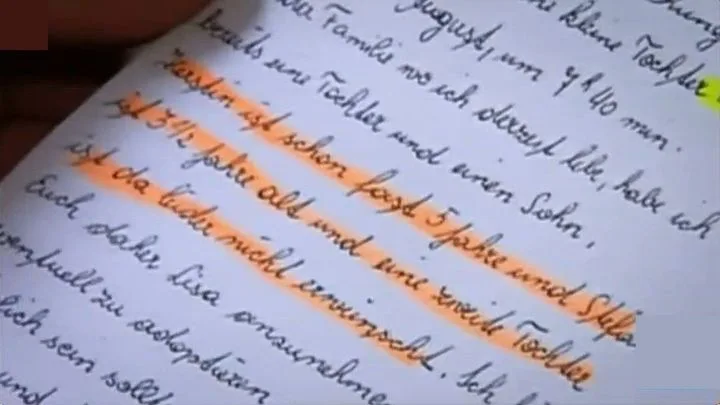
Of course, the letter and the runaway story were nothing more than a coverup created by Josef, forcing Elisabeth to write the letter in her handwriting. This time, Josef changed the story and told people that Elisabeth must have run away to join a religious cult. Since she was an adult now, there was nothing they could do to bring her back—and everyone believed him.
Leading A Double Life
Elisabeth’s family began to believe the theory that she really had run away to join a sect, and they learned what life was like without her. Josef started living a sick and evil double life, as the father to the Fritzl family upstairs, and keeping his daughter prisoner downstairs.
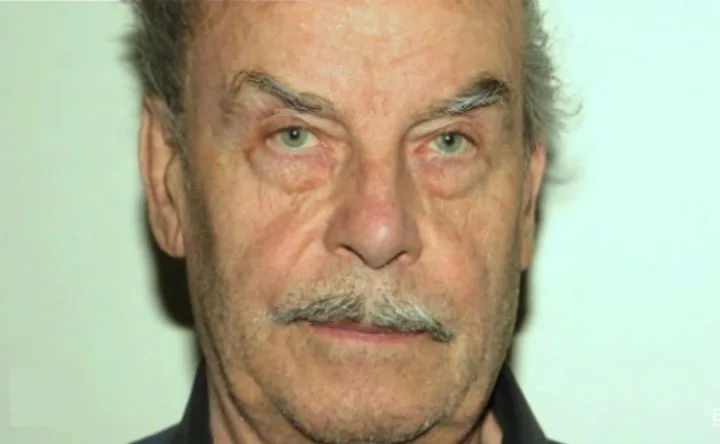
As far as the rest of the family was concerned, Josef would go to the basement workshop every morning at 9 a.m. to create plans for the machinery he sold. Sometimes he would spend all day there and even stay overnight, but Rosemarie never worried. She had no reason to doubt that her husband was simply dedicated to his work.
Traumatizing Daily Visits
No one could even imagine an alternative story as dark and tragic as the reality going on underground. For everyone else, the world continued turning. For Elisabeth, her entire universe stood still and stagnant.
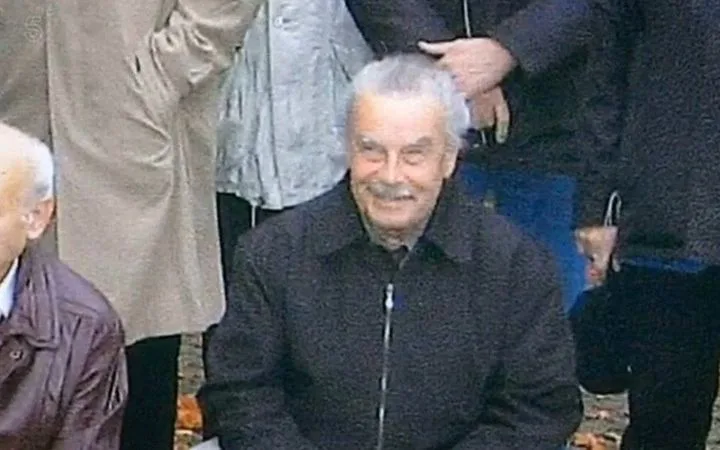
That dirt-walled cellar became the only thing she would see for more than two decades. At the minimum, Josef would visit Elisabeth in the basement three times a week. But usually, it was every day. As she became accustomed to living in her cellar prison, Josef continued the nightly visits to assault her that had started when she was just 11 years old.
Four Years of Silence
There was no way for Elisabeth to be able to tell how much time had passed while she was locked inside the basement prison in the dark. With no information about what was going on in the outside world, she truly had no idea if or when she would ever be freed from the basement.
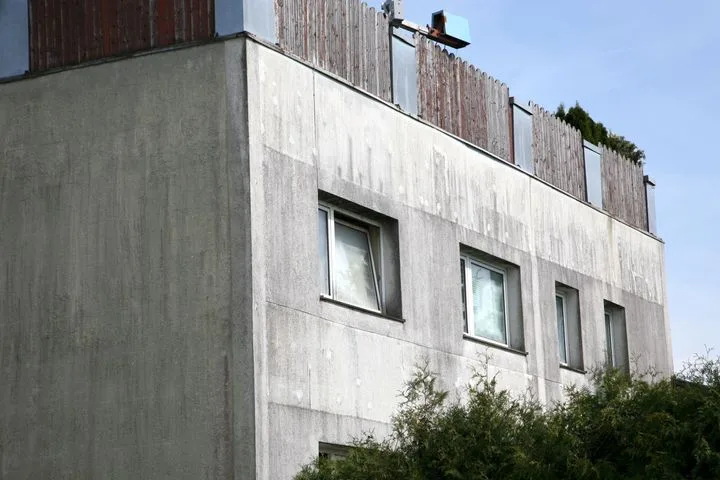
She didn’t know if her family was trying to find her or wondering about what happened to her. Elisabeth spent the first four years of her capture this way, entirely alone with only her thoughts as company, as Josef hardly ever spoke to her.
Two Births Underground
As if she hadn’t been through enough trauma, four years into her captivity, she discovered she was pregnant. Sadly, she had a miscarriage 10 weeks into the pregnancy. But in August of 1988, she gave birth to a baby girl, Kerstin, and two years after, had a son, Stefan—all inside that one basement room. In all that time, she and her newborn children never left the basement or saw the outside world.
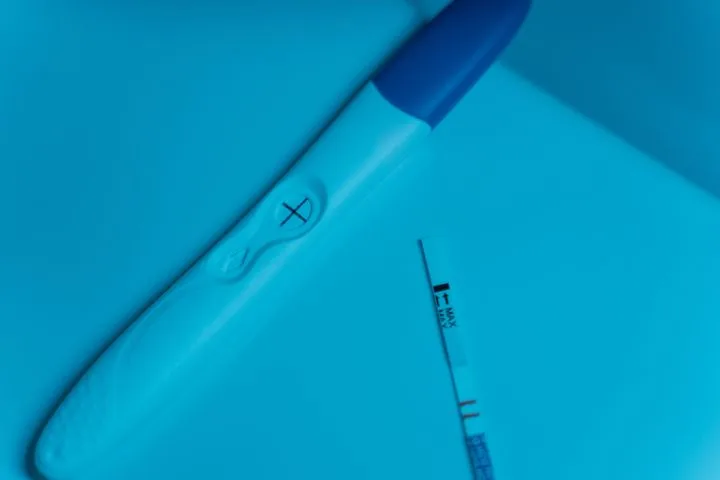
Still a prisoner in her father’s sick nightmare, she now had to learn to live underground with her two babies. The agonizing years went on as Josef continued to live his twisted double life upstairs without raising any suspicion.
A Baby Escapes
Josef realized after Elisabeth gave birth to her third child that he wanted to have more of a role in raising his children than simply visiting them now and again in his basement. So in August 1992, when another daughter was born, Lisa Fritzl, Josef changed his strategy.
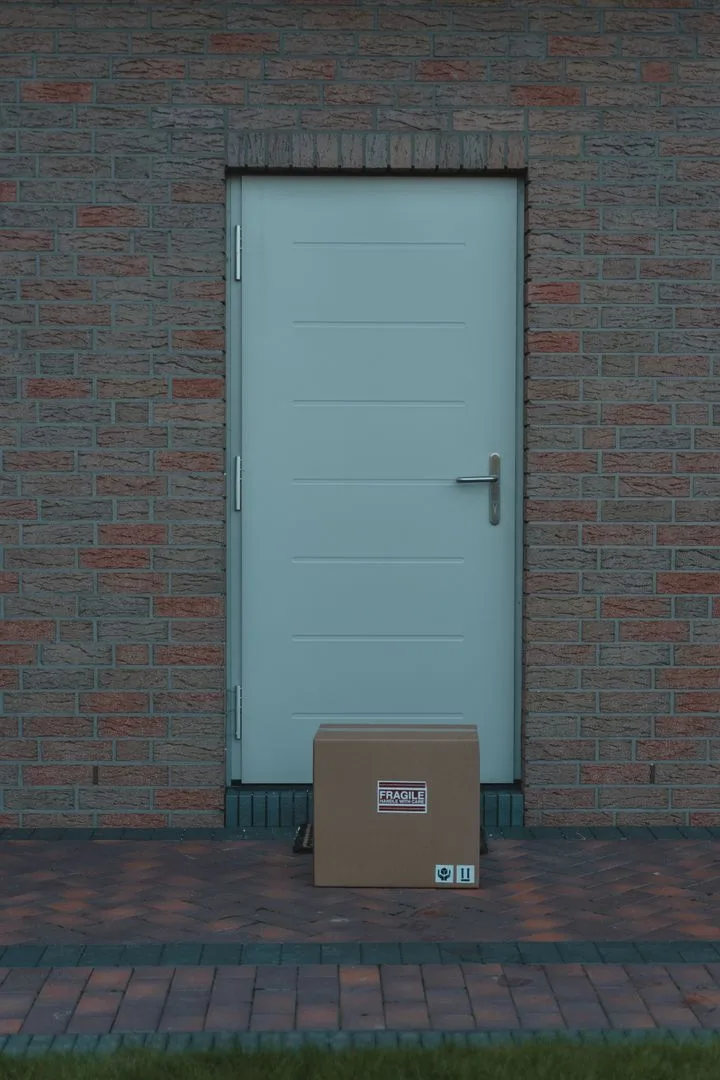
This time, instead of being kept prisoner from the moment she was born, Josef waited until Lisa was nine months old, and left her in a cardboard box outside the Fritzl family home. He wrote a note as if it had come from Elisabeth, explaining that she had welcomed a daughter, but couldn’t cope and wanted Rosemarie and Josef to raise her.
Growing Up in the Basement
His dark plan seemed to work, as Rosemarie was grateful to finally have a connection with her missing child and happily took in her baby granddaughter. Little did she know, Josef was playing a game of happy families as a new father and grandfather at the same time.
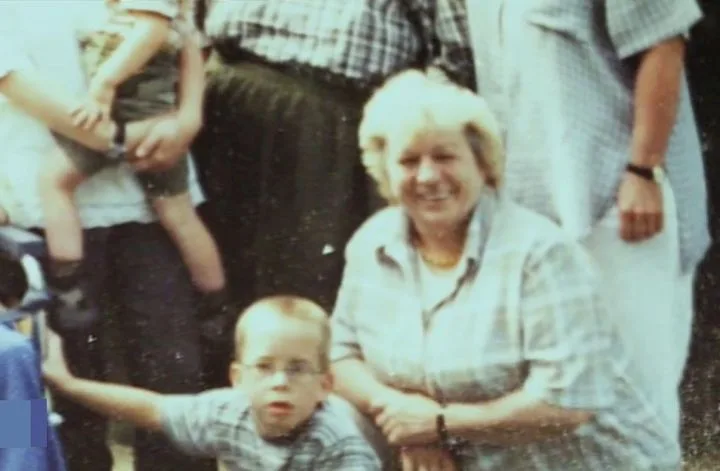
Kerstin and Stefan stayed down in the cellar with Elisabeth, and Josef brought them weekly rations of food and water. Their mother tried to teach them what she could with her limited education and did her best to give them a normal life, under the most horrific circumstances. For nine years, she lived in that tiny single room with her babies, until Josef gave in in 1993.
Brand New Pool
Lisa continued a normal life upstairs in the Fritzl family home, and downstairs, Josef finally agreed to make their prison bigger. He obviously couldn’t bring builders in, so he forced Elisabeth and her kids to do it themselves, setting his captives to work digging soil from the walls. It took months.
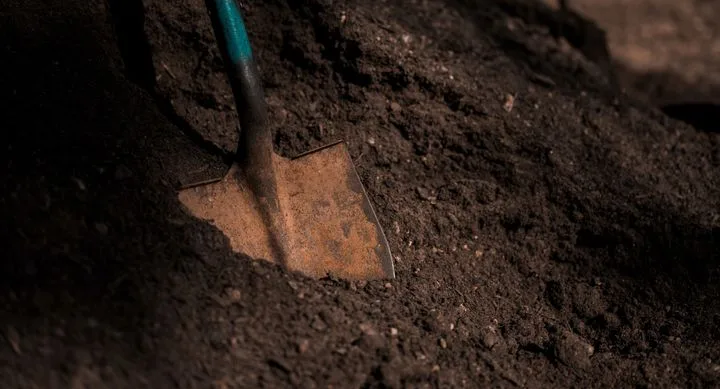
He couldn’t continue to build without raising suspicion, so he also built a swimming pool for the rest of the family to enjoy, as a cover-up for the amount of soil being dug up in the basement. When the family splashed in their new pool, they had no idea they were doing so above Elisabeth’s newly extended dungeon.
Three More Children
Elisabeth gave birth to her fourth child, Monika, in 1994, and after 10 months she was left upstairs in similar circumstances to Lisa. This time, though, she was accompanied by a phone call from “Elisabeth”, which was actually a convincing recording created by Josef.
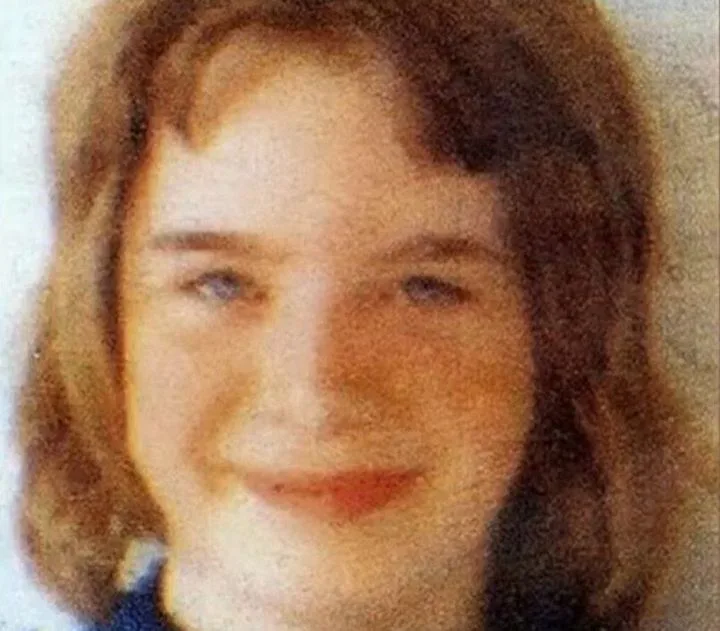
Just two years later in 1996, she went through another painful labor with no medical assistance, this time giving birth to twins. One twin, Michael, died shortly after birth in the cellar. He was just 66 hours old when he suffered severe breathing issues and tragically died in his mother’s arms. In an evil act of cruelty, Fritzl burned the baby’s body in an incinerator.
A Better Life
The surviving twin, Alexander, was taken upstairs accompanied by another letter from “Elisabeth”. In reality, Elisabeth was devastated for her children to be taken away, as they were the only company she had, but torn because it meant that some of her children would at least have a better life than the ones suffering downstairs.
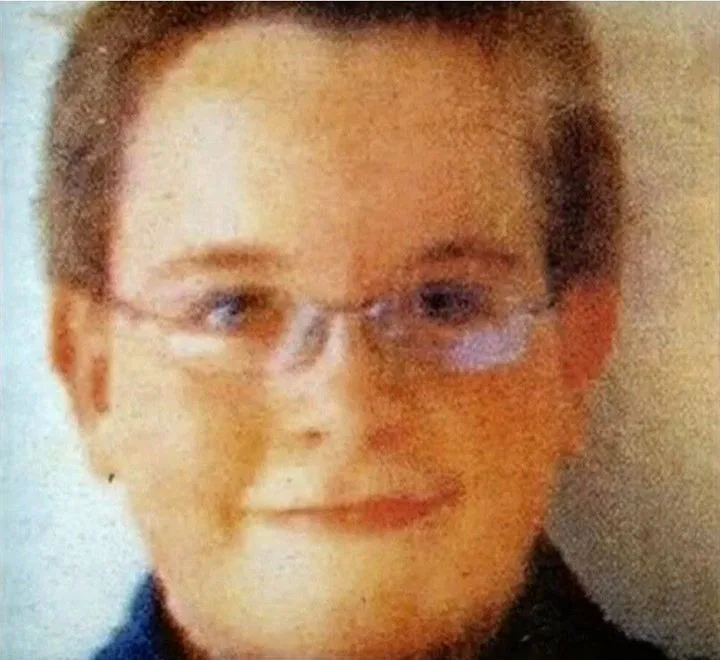
For years, Rosemarie chose to believe the story that Elisabeth was out there leading her new life. She had no way to care for her babies and left them with the only people she knew. Josef used the letters as a way to bring mysterious new children into the house, all without piquing Rosemarie’s suspicions or those of the Austrian authorities.
Avoiding Suspicion
Josef managed to avoid suspicion about Elisabeth’s whereabouts from the concerned public by continuously making her write letters to her family. He would dictate what to say, with messages about how she couldn’t cope raising her children and wouldn’t be coming home for a long time.
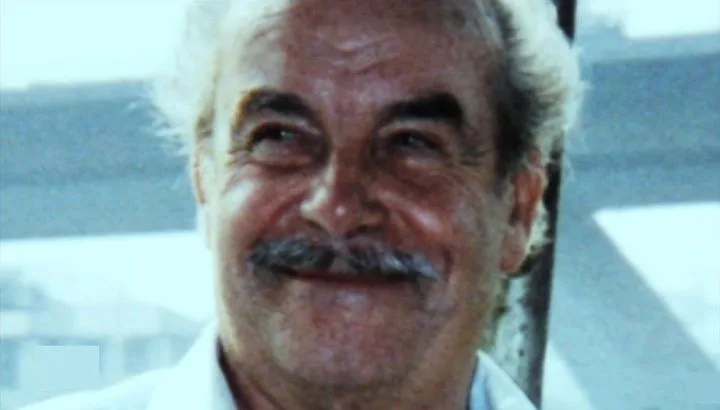
He made sure to cover his tracks by driving miles and hours away just to mail the letters with the correct postage stamps to Rosemarie Fritzl. Josef thought of everything. No one had had any direct contact with Elisabeth for over a decade, but also never had reason to question if these three babies were Rosemarie and Josef’s grandkids.
Devoted Father, Half of the Time
All the time Josef Fritzl was playing the act of a caring and devoted father and well-functioning member of society, Elisabeth and her children were suffering with no idea how much longer their decades-long ordeal would last.
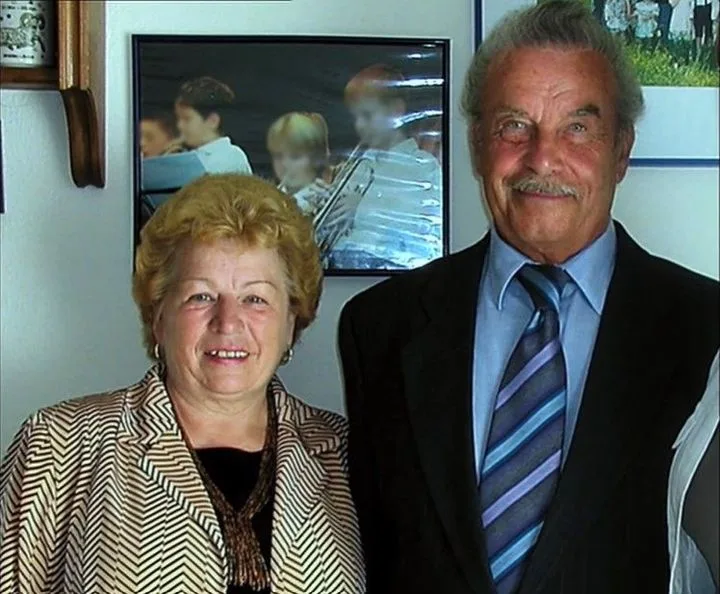
When the cellar was extended, Josef brought down a radio television, and even a Christmas tree during the holiday season. But nothing made up for the fact that he continued to physically abuse her, often forcing the children to watch. And he repeatedly threatened Elisabeth that if she did not comply, her treatment would get worse.
For Her Children
Six years after her twins’ birth, Elisabeth fell pregnant again with another son, Felix. Josef chose to keep this child in the basement because he and Rosemarie couldn’t cope with another upstairs. Her traumatic births provided her with much-needed company, but also heavy psychological damage and she often contemplated ending her life.
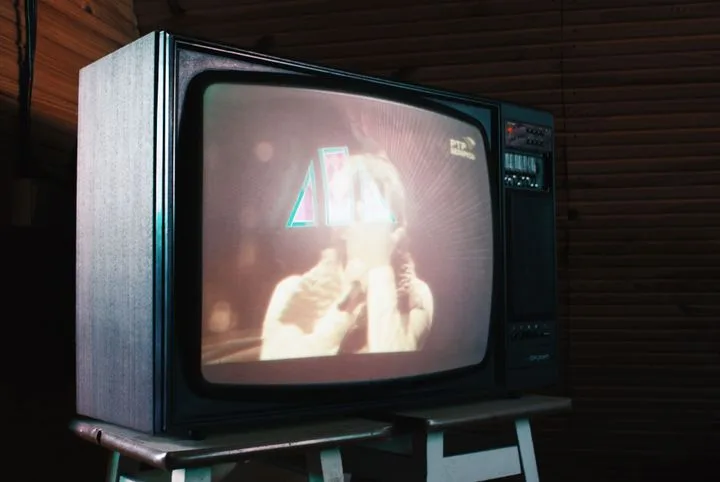
She kept going because someone needed to look after her children which she had no choice in having. Anyone might wonder how or why Elisabeth and her kids didn’t try to escape their nightmarish reality. Their only connection to the real world was their old television set, and for Kerstin, Stefan, and Felix, this cruel underground world was all they knew of.
The End in Sight
Fritzl often threatened his captives that they would be killed if they ever tried to escape. He told them he created a system of doors that would give them electric shocks if they ever tried to open them, and if they tried to escape, a poison would be released that killed them instantly. Josef continued to physically abuse Elisabeth and held her and the kids prisoner for another six years.
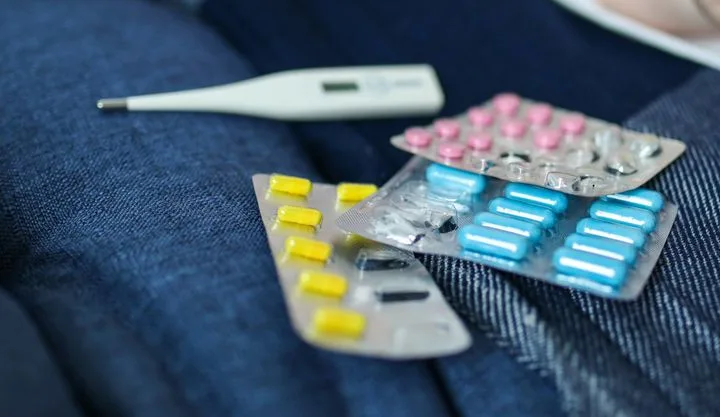
After almost a quarter of a century trapped under the ground, things finally took a turn. In April 2008, Elisabeth’s eldest child Kerstin got sick at 19 years old. Josef tried to help her with over-the-counter medication, but nothing was working. He knew she would die without real medical attention.
Urgent Help
Whether it was out of some late-onset guilt and pity, or panic at the idea of disposing of an adult body, Fritzl gave in to Elisabeth’s begging to help Kerstin. Now older than Elisabeth was when she was captured, Fritzl let Kerstin, who had never seen daylight, out of the cellar and called an ambulance.
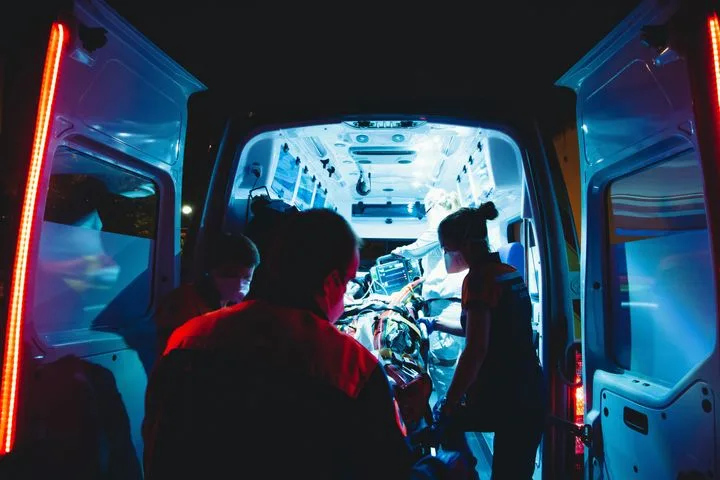
He told the doctors that her mother Elisabeth had written to him that she couldn’t afford her daughter’s medical bills and needed Josef’s help, sending her to the Fritzl house because it was the only thing she could think of. Of course, everyone became suspicious when they saw this deathly pale girl with neglected teeth lying in intensive care.
Fritzl’s Plan Unraveled
The doctors were baffled, and they tried to get Kerstin to explain anything she could remember while at the same time appealing to the public for information about her or her missing mother. Of course, no one came forward, because nobody in the outside world even knew she existed until now.
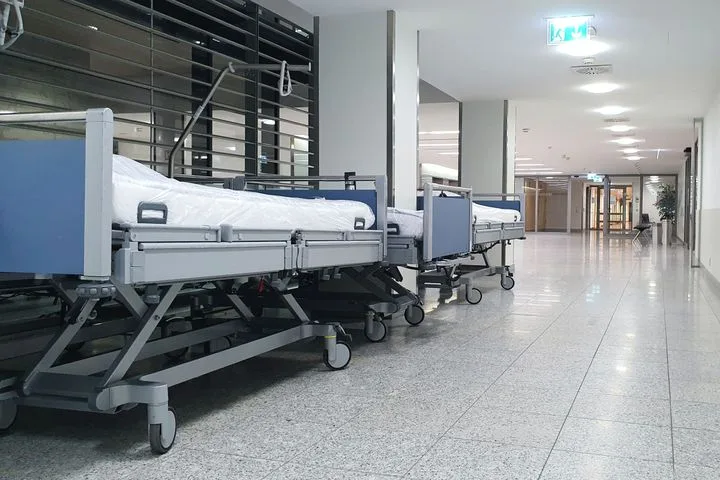
With this, the closed case of Elisabeth Fritzl was reopened, and the police consulted religious leaders in the area, who maintained there was no evidence of the type of cult that Elisabeth’s letters described. Aware that his decades-long plan was unraveling, Fritzl created a new letter explaining that life in the cult was tough and that she and her two children would soon return home.
Freed After 24 Years
Finally, on Saturday, April 26, 2008, Elisabeth Fritzl saw the sky for the first time in 24 years. Josef released Elisabeth, Stefan, and Felix, bringing them upstairs while the rest of the family was away. Elisabeth begged to be taken to the hospital, convincing her father that he would be convicted of murder if Kristen died without letting Elisabeth see her child.
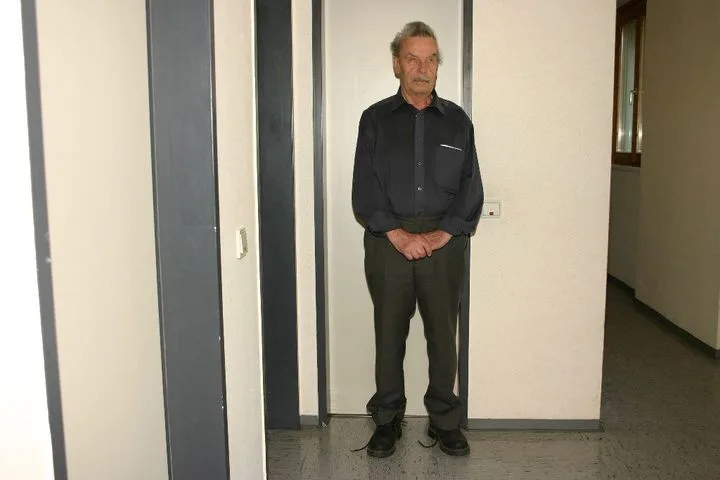
After an anonymous tipoff that strange people had come to visit Kerstin, Josef, and Elisabeth were taken into police custody. At first, they suspected Elisabeth of being an abusive and neglectful mother. And not long after, 24 years of unimaginable horror came bursting out.
The Truth Comes Out
Elisabeth, 42 years old by the time she was in police custody, hadn’t spoken to anyone other than her father and her children since she was 18 years old. She only began opening up to the police after she could be assured that she would never have to see her father again and that her children and her mother, would be protected.
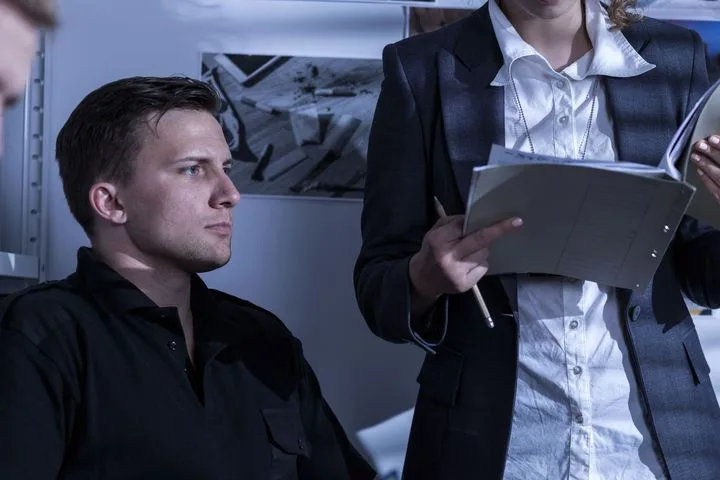
For two hours, she recounted the devastating details of her entire ordeal, including the abuse she suffered and the children she was forced to bear. The police didn’t believe Elisabeth in the beginning. After all, who would want to believe such a horrific story?
Gathering Evidence
Once they had Elisabeth’s testimony and access to the basement, the police knew they needed hard evidence to ensure Fritzl received the punishment he deserved. They retrieved DNA from Elisabeth’s six surviving children to prove that Josef was their biological father, which backed up her harrowing story.
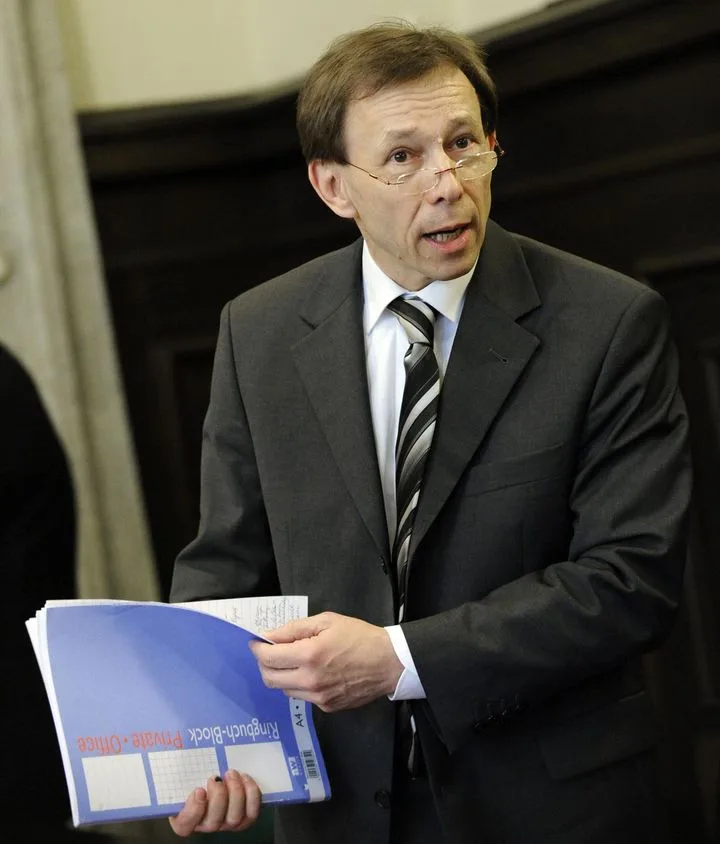
Josef’s attorney, Rudolf Mayer, disputed the claims from the beginning, arguing that it meant nothing if the children were proven to be Josef’s biological children. Nevertheless, the police investigating this awful case knew there was enough evidence for a trial.
Josef on Trial
In March 2009, the Austrian court began its trial. For the entire first day, Josef hid his face using a blue folder. It took until the second day in court for Josef to reveal his face, after shielding it from photographers. The public quickly turned on this man who had held up the facade of being a good father and regular member of society for so long.
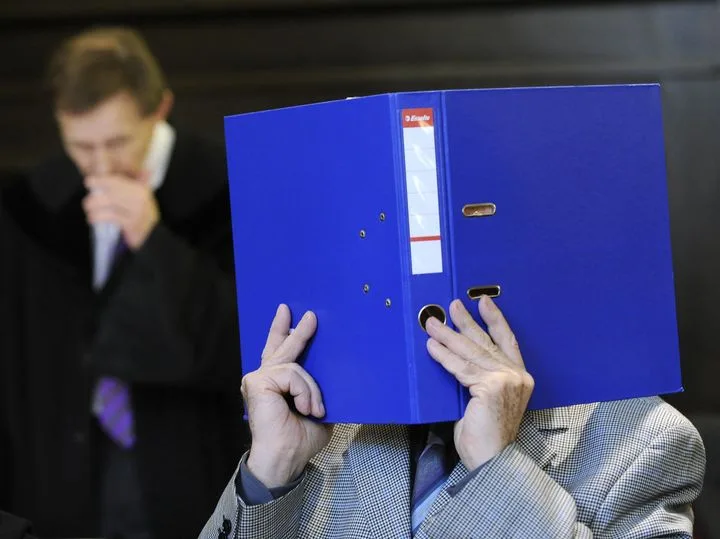
Among other charges, Josef Fritzl was accused of murdering Michael, the newborn twin, through negligence. He denied the charge, until finally admitting to incinerating the body. He shared with the court, “I don’t know why I didn’t help,” as reported by The Guardian.
Singing Like a Canary
He also denied claims of enslavement, and Rudolf Mayer tried to defend Fritzl’s decision to imprison his daughter as nothing more than “the act of a devoted father”, as reported by The Guardian. Josef’s defense was that Elisabeth was a misguided child, and he locked her away to protect her from the outside world.
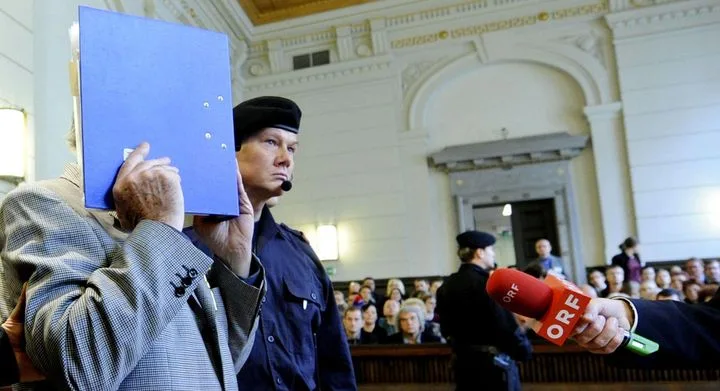
Mayer tried to maintain that Fritzl wasn’t the animal the media painted him as and that he looked after Elisabeth while she was in the basement, bringing books, a Christmas tree, and even a pet canary down there. Proving that the bird survived was supposed to show that the air quality in the basement was acceptable.
His Lies Were Debunked
But images of the horrific “cramped, dark and airless” dungeon were shown for the first time in a documentary episode about the case on 60 Minutes Australia in 2008 before the trial took place. With low ceilings and damp walls, everyday living and personal hygiene were almost impossible for Elisabeth and her children. There was no circumstance under which this could have been humane treatment.
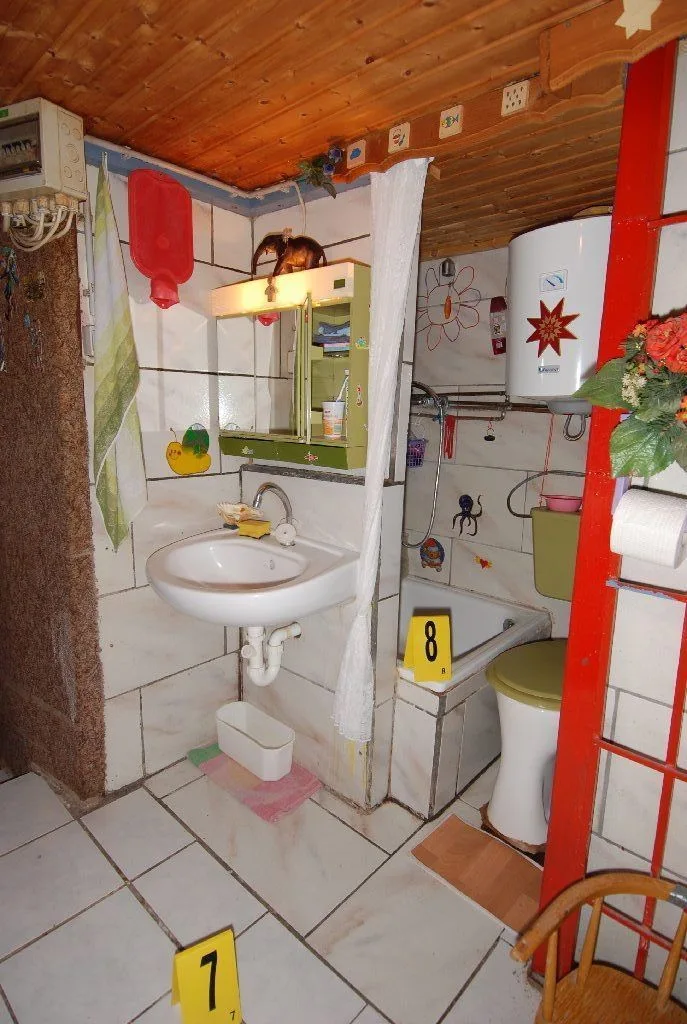
The police also found no evidence of the lock traps and poison that Elisabeth had told them Josef warned her about. They discovered it was all just another form of mental torture to control Elisabeth and stop her and her kids from escaping.
11 Grueling Hours of Testimony
Over the first two days of the trial, the jurors watched a grueling 11-hour video of Elisabeth giving her testimony, though it was pre-recorded in private because she had made it clear she never wanted to see her father again. The truth came out about the abuse she suffered during her childhood, causing her to constantly run away, and her brother spoke in court to support her, explaining how Josef had also been abusive toward him.
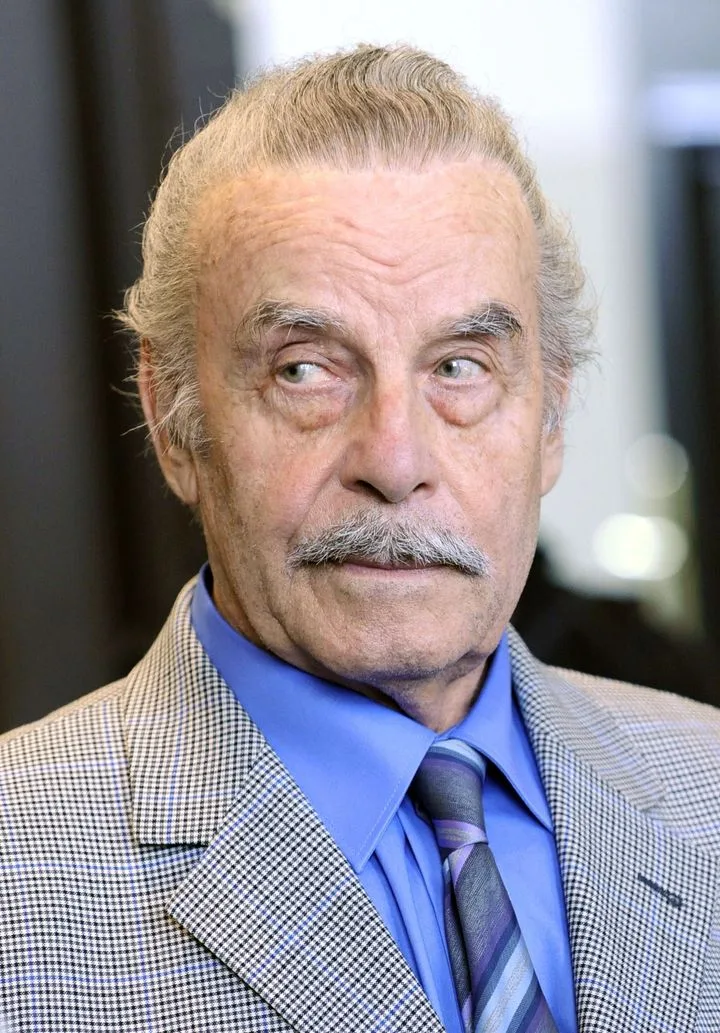
Fritzl continued to vehemently deny the other charges against him. Even though the prosecution had an overwhelming wealth of evidence condemning Josef, on day two, Elisabeth made a bold decision that caused Josef to crack.
Watching in Disguise
Elisabeth slipped into the visitor’s gallery of the courtroom, not wanting anybody to know she was there watching her testimony play to the jury. Unfortunately, Josef spotted her, and reportedly made eye contact with his daughter for the first time in over a year.
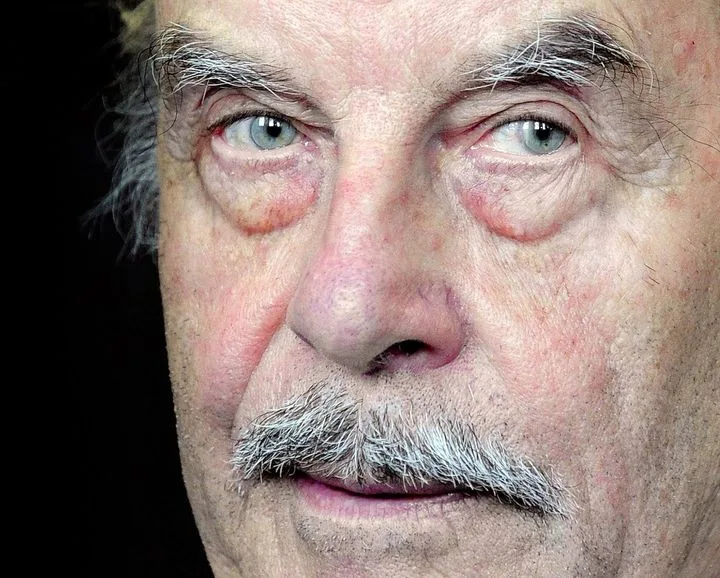
It was then that Josef Fritzl suddenly changed his plea. Rudolf Mayer believed it was seeing his daughter that caused him to have a change of heart. “When I saw the videotapes I realized for the first time how cruel I was to Elisabeth,” Frtizl said in court, reported by Evening Standard. Shockingly, on day three, he pled guilty to all of the charges.
A Guilty Man
For the first time since being arrested, he appeared to express some regret for his heinous actions. He admitted his guilt in the charges including negligent homicide and enslavement, along with the other heinous crimes that he could no longer deny or excuse.
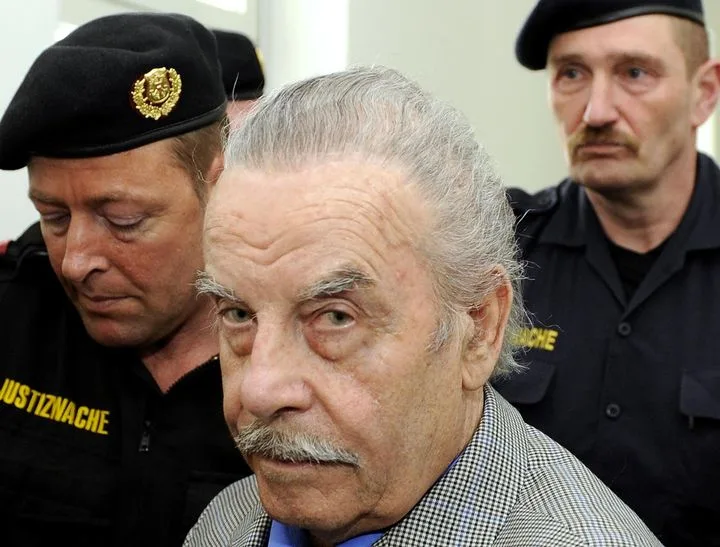
“I should have realized it before, but I only realized yesterday for the first time how cruel I was to Elisabeth,” Fritzl told the court, according to The Guardian. Over the 24 years she was imprisoned underground, Josef assaulted Elisabeth more than 3,000 times, forced her to bear seven children, and allowed one to die. The verdict and sentence were no surprise.
Facing Justice
On 19 March 2009, Josef Fritzl was sentenced to life imprisonment without the possibility of parole for 15 years, to carry out his sentence in an institution for mentally unwell offenders.
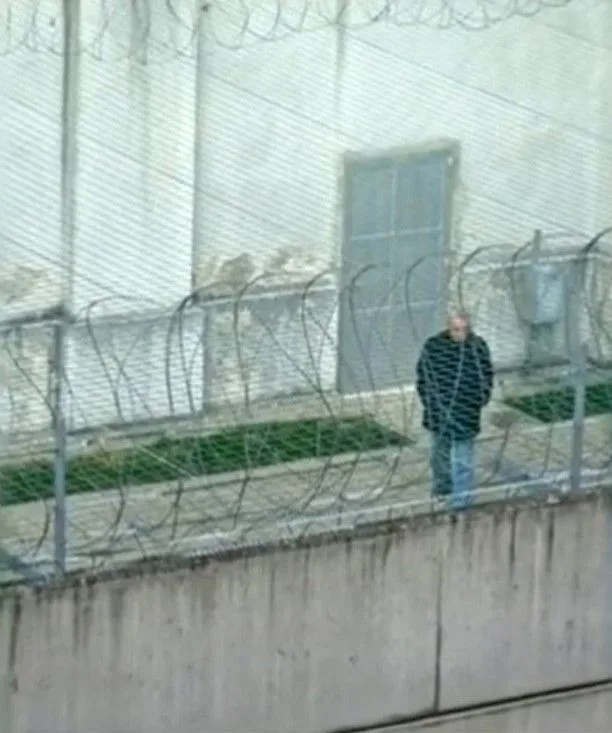
A man who had been merciless for a quarter of a century addressed the jury with some shocking regret before he received sentencing, to tell them, “I am sorry from the bottom of my heart. Unfortunately, I cannot change anything now”, as Sky News reported during the trial. At 74 years old, Josef Fritzl began his prison sentence. In 2017, eight years in, he changed his name to Josef Mayrhoff, in an attempt to live a more anonymous life.
Enjoying Her Freedom
Ever since the trial, the world wondered how a mother who had experienced such horrors would go on to live a normal life after being freed from her horrific prison.
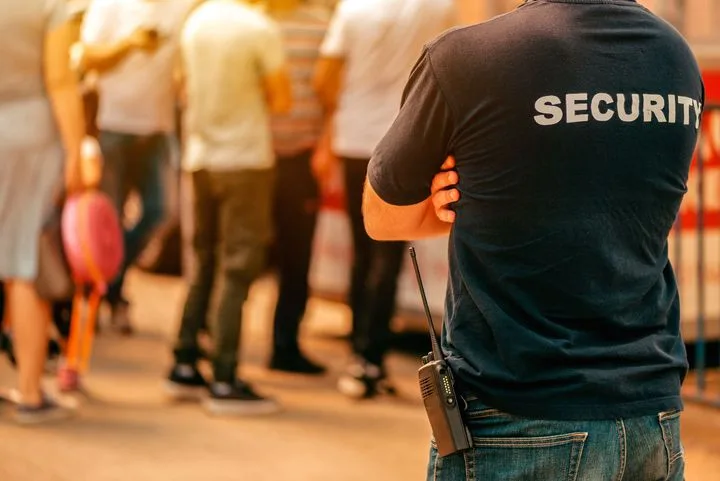
In 2009, just a year after she was freed, it was revealed that Elisabeth found love with Thomas Wagner, a bodyguard with the Austrian security firm A&T who had been assigned to protect her. She and her kids were said to be doing well, living in an anonymously-named “Village X”.
A Decade On
There’s understandably not much information about Elisabeth’s whereabouts or how she’s doing, since the world respected her wishes to live a normal life out of the public eye. However, documentaries like Fritzl by Fred Dinenage and Fritzl The Monster: 10 Years On have been made telling her horror story.
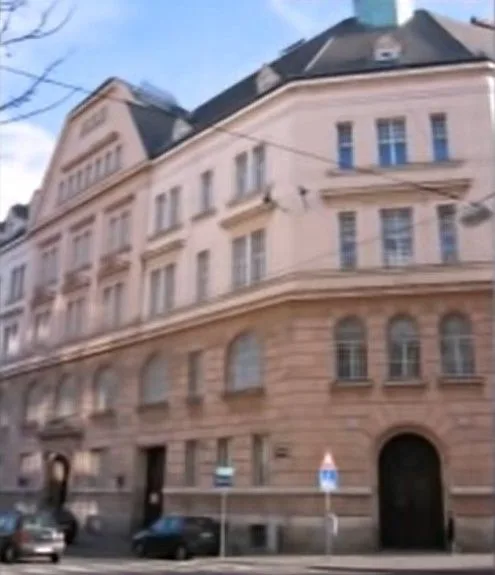
In September 2021, it was decided that Josef Fritzl could be moved from a psychiatric detention facility to a regular prison, which means he will have finished his sentence and be eligible for parole at the end of 2023. He could soon be released into the world, and in another shocking development, is even writing a book.
Potential for Release
Lawyer Astrid Wagner revealed in an interview that Fritzl had approached her with a letter from prison, asking for her help telling his story. “I agreed. He then sent me the manuscript and I edited it. Since then I’ve been his lawyer,” she told Austrian tabloid Bild.
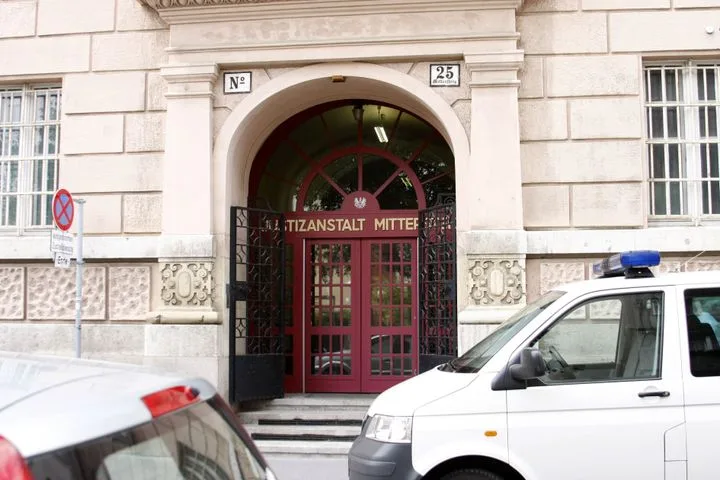
In a May 2023 interview from jail conducted through Wagner, he bizarrely claimed he wanted to live until 130 years old, and hoped for reconciliation with his family. “I believe that I am going to see them again one day”, he told The Sun. If he is released in 2023, Fritzl will have been kept in prison for less time than he held his daughter prisoner.
Looking to the Future
There are few cases out there as harrowing and evil as that of Josef and Elisabeth Fritzl. How a father could lead a double life, raising his children upstairs while keeping his daughter prisoner in the basement and forcing her to bear seven children over two decades, is beyond comprehension.
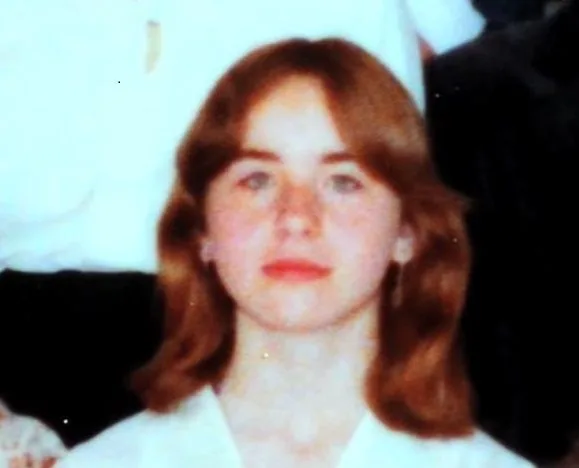
The question remains—why on earth would Josef Fritzl decide to commit such evil crimes, and to his daughter? But it’s one that only Fritzl himself can answer, and until this day, he has chosen not to. Luckily, Elisabeth is now in her fifties, and her children are adults, defying the odds as they continue to live the most normal lifestyle possible and demonstrating their courage in the face of one of the world’s most unimaginable tragedies.



